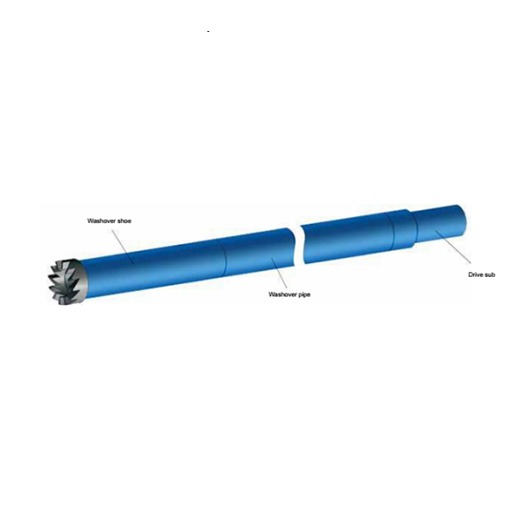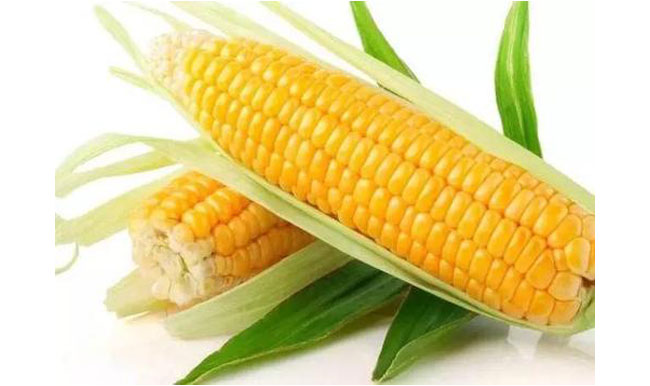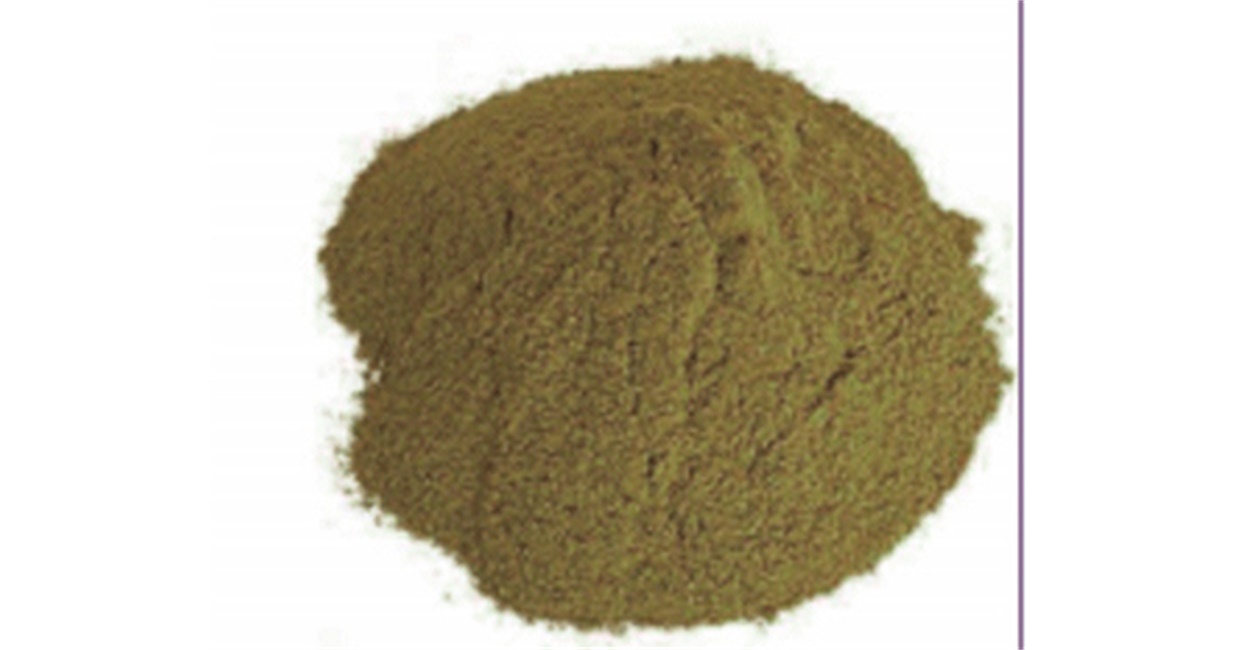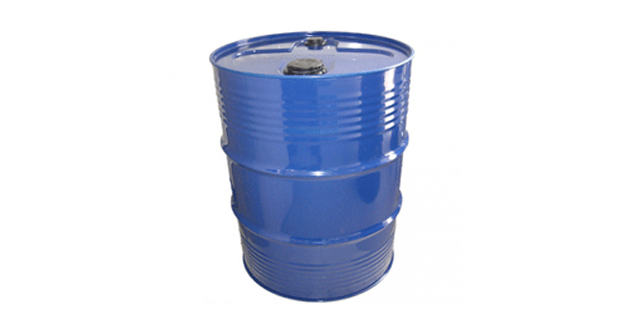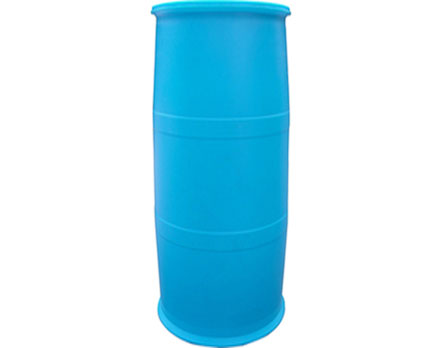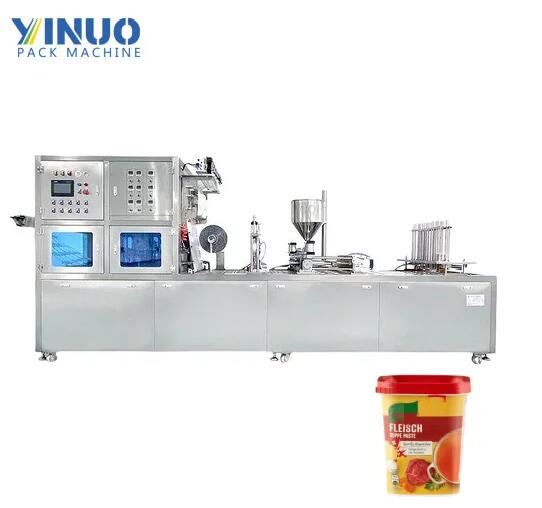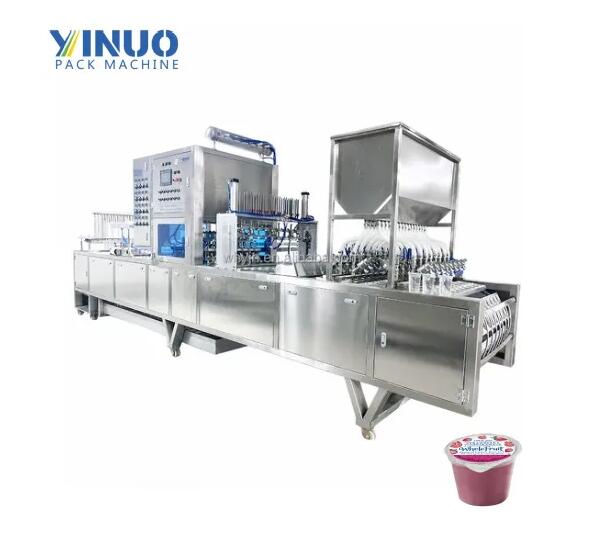RESISTANT DEXTRIN
Non-GMO natural corn starch, when heated under the condition of acidic condition, decomposed and gained low molecular soluble dextran (2000 dal), also known as resistant dextrin. Resistant dextrin is a type of water-soluble dietary fiber and white powdered product. It is a kind of transparent water solution, lightly sweet, convenient processing, does not affect the original flavor, and high stability, can be used in all kinds of food. A good example of this kind of water soluble dietary fiber is tapioca soluble fiber. Japan Ministry of Health, Labour and Welfare (MHLW) authorized resistant dextrin as the specific health food materials (FOSHU), which means diets that contain large amounts of soluble fiber may make you healthier. Confirmed by numerous scientific studies with excellent physiological functions, tapioca soluble fiber can promote mineral absorption.
Resistant Dextrin For Sale
Trehalose
Trehalose has non-specificity protection functions for many biologies.
Resistant Dextrin(Soluble Corn Fiber)
Under acidity conditions and heating decomposition, Non-GMO natural corn starch can get low molecular weight soluble glucan.
Resistant Dextrin(Soluble Corn Fiber)(Powder)
Non-GMO natural corn starch is soluble in water. It can lower blood sugar effectively.
Resistant Dextrin(Soluble Tapioca Fiber)(Powder)
Cellulose is the oldest and most abundant natural polymer on the earth. It is inexhaustible and the most precious natural renewable resource for human beings.
Resistant Dextrin(Soluble Tapioca Fiber)(Liquid)
Dietary fiber is a kind of polysaccharide, which can neither be digested and absorbed by the gastrointestinal tract nor generate energy.
Resistant Maltodextrin Powder
You can find the existence of the resistant maltodextrin(powder) is widely used in beverage, frozen food, candy, cereal, dairy products, health products, and other industries.
Resistant Maltodextrin Powder (Liquid)
Maltodextrin is also called water-soluble dextrin or enzyme dextrin. It is made of all kinds of starch, which is hydrolyzed, purified and dried by enzymatic process.
Resistant Dextrin Benefits
Good processing stability
The resistant dextrin for sale holds the characteristics of heat, resistance, and freeze resistance. Having a low viscosity of its aqueous solution, the resistant dextrin has stable performance when being processed.
Low Calorie
As an important member of Saigao Nutri's soluble dietary fiber series, resistant dextrin can provide low but long-lasting energy. It can effectively relieve the feeling of hunger and help the users to control their weighr and diet.
Control the Level of Blood Sugar
Suitable for people with diabetes, the resistant dextrin can not only inhibit the activity of amylase but can also greatly slow down the degradation of starch so as to further prevent the blood glucose from increasing after meals.
Prevention of Cardiovascular Diseases
As the related researches show that the continuous intake of resistant dextrin can effectively reduce the neutral fat concentration, the uses of resistant dextrin are now proven to be meeting the needs of people in preventing cardiovascular diseases.
Is Resistant Dextrin Safe
Analyzing the essence of resistant dextrin, it does not have any side effects. Resistant dextrin is a substance produced from tapioca starch or corn starch. It is ubiquitous in green plants and is also the result of cellulase hydrolysis, so it can be said to be synthetic methylcellulose. Resistant dextrin is widely used in foods, including foods for infants and young children. For example, after infants and young children are weaned, the bifidobacteria in the body will decline rapidly, and they are prone to diarrhea or anorexia, and they are also prone to malnutrition. The use of water-soluble resistant dextrin foods can improve the utilization rate of nutrition and also Can promote the absorption of calcium, iron and zinc.
Resistant Dextrin Uses
Artificial Sweenteners in Food and Beverage
Artificial Sweeteners in Confectionery
Artificial Sweeteners for Nutrition
Artificial Sweeteners in Milk
Artificial Sweeteners in Bakery and Snacks
Functional Sugars in Cereal
Resistant Dextrin VS Maltodextrin
Resistant Dextrin
Resistant dextrin is a soluble dietary fiber, a low-molecular-weight dextran mixture. Its aqueous solution has low viscosity, low digestibility, low calories, and has the characteristics of the fiber, which is very stable. Regardless of cost, it is the best filler. Maltodextrin is a starch hydrolysate with a DE value of 5-20. It is easy to digest, has low sweetness and high viscosity.
Maltodextrin
Maltodextrin is an intermediate product when processed starch is decomposed into small molecular sugars. As a starch hydrolysate with a DE value of 5-20, maltodextrin fiber is easy to digest and has low sweetness and high viscosity.
FAQs of Resistant Dextrin
How do I use resistant dextrin in cooking/baking?
Adding resistant dextrin to bread, steamed buns, rice, and noodles can increase and improve the color of the bread. The resistant dextrin fiber added in the amount of 3% ~ 6% of the flour can strengthen the dough, and the steamed buns have a good taste and special fragrance. The strength of raw noodles is weakened after noodles are added, but the strength increases after cooking. Generally, the noodles after adding treatment have good toughness, resistance to cooking, and foam. Biscuits and pastries are prepared with more sugar and oil, relatively low moisture content, and it is necessary to add the resistant dextrin fiber. Biscuit baking has very low requirements on the quality of flour gluten, which facilitates the addition of a large proportion of resistant dextrin, which is more conducive to the production of a variety of health-care biscuits with fiber functions; the pastry contains a lot of water in the production, When baking, it will solidify into a soft product and affect the quality. Adding water-soluble resistant dextrin to the cake can keep the product soft and moist, increase the shelf life, and extend the shelf life.
What are the common resistant dextrin side effects?
The dietary nutrient reference intake of Chinese residents (2013 edition) recommends that the dietary fiber intake of Chinese adults (19-50 years old) is 25-30g/d, and the recommended intake for infants and young children has not been given. Daily intake of a certain amount of resistant dextrin can ensure the normal operation of the body. So far, no side effects of resistant dextrin have been found. It can be said that it is a very safe food additive.
What types of resistant dextrin are being used in the food industry?
Resistant dextrin uses starch as a processing raw material, and uses industrial technology to extract, process and refine the indigestible components of baked dextrin, which belongs to low-molecular-weight water-soluble dietary fiber. Because it contains indigestible ingredients that are resistant to human digestive enzymes, it will not be digested and absorbed in the digestive tract and can directly enter the large intestine. Therefore, it can be used as a dietary fiber to exert various physiological functions. It has the characteristics of high digestive tolerance, low blood sugar index, low insulin index, low calorie, prevention of dental caries, etc., which can stabilize blood sugar and maintain the intestinal tract. Therefore, resistant dextrin is very suitable for vigorous promotion and application in the food industry.
Shandong Saigao Group Corporation is a professional food additives manufacturer, we provide soluble dietary fiber, dietary fiber and soluble fiber, dietary fiber soluble fiber, soluble fiber daily intake, diets that contain large amounts of soluble fiber may, 9004 53 9, soluble dietary fiber examplesand etc. Want to know definition of soluble fibreor resistant dextrin definition? Please contact us.
Send product request
Other supplier products
| Washover Pipe | SAIGAO GROUPwashover pipe fishing tool is a special tool commonly used to release stuck section of drill string in the well bore. Washover assembly... | |
| Isomalto-oligosaccharide 900 Powder(Corn) | With refined tapioca, organic tapioca, corn starch as raw material, through the enzyme, after liquefaction, concentration, drying and a series of p... | |
| Corn Gluten Meal(feed Grade) | Corn gluten meal is a by-product of processing corn to make corn starch and corn syrup. It is generally sold as a golden yellow meal or as light br... | |
| 3,3,3,-Trifluoropropionic Acid | CAS №: 2516-99-6 EINECS №: / MF: C3H3F3O2 MW: 128.05 Structural Formula of 3,3,3,-Trifluoropropionic Acid Specifications of3 3 3 ... | |
| 2,3-Dihydroxybenzaldehyde | 2 3 Dihydroxybenzaldehyde Molecular formula: C7H6O3 Molecular weight: 138.1207 CAS Number: 24677-78-9 EINECS number: 246-398-1 Specifi... |






